Daniel Blumenthal - Fuchs: Piano Sonatas, Vol. 1 (1993)
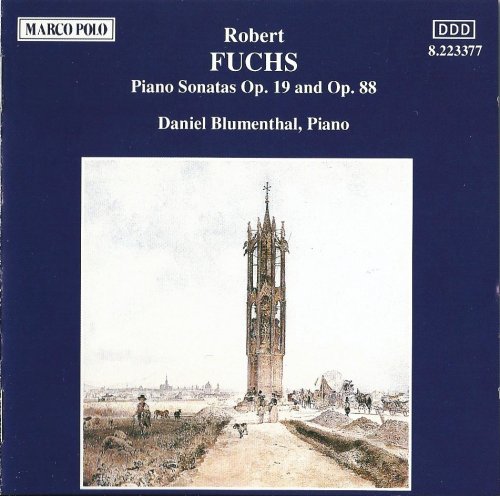
Artist: Daniel Blumenthal
Title: Fuchs: Piano Sonatas, Vol. 1
Year Of Release: 1993
Label: Marco Polo
Genre: Classical
Quality: FLAC (image+.cue,log,scans)
Total Time: 01:13:44
Total Size: 253 Mb
WebSite: Album Preview
Tracklist: Title: Fuchs: Piano Sonatas, Vol. 1
Year Of Release: 1993
Label: Marco Polo
Genre: Classical
Quality: FLAC (image+.cue,log,scans)
Total Time: 01:13:44
Total Size: 253 Mb
WebSite: Album Preview
01. Piano Sonata No.1 - Moderato [0:13:25.25]
02. Piano Sonata No.1 - Allegro [0:05:19.00]
03. Piano Sonata No.1 - Andante Mosso [0:07:52.00]
04. Piano Sonata No.1 - Allegro Molto - Quasi Presto [0:08:11.00]
05. Piano Sonata No.2 - Allegro Moderato Ma Passionato [0:14:21.00]
06. Piano Sonata No.2 - Allegro Risoluto [0:04:23.00]
07. Piano Sonata No.2 - Andante Sostenuto [0:10:16.00]
08. Piano Sonata No.2 - Allegro Vivance [0:09:33.30]
Performers:
Daniel Blumenthal – piano
Robert Fuchs (1847-1927), whose pupils included Wolf, Mahler and Sibelius, remains a shadowy yet potent figure in the musical history of late nineteenth-century Vienna. A superficial hearing of his determinedly large-scale First and Second Piano Sonatas can suggest ill-digested influences, notably those of Brahms and Schubert, but closer scrutiny brings its rewards. In both sonatas an outwardly safe teutonic surface discloses much modulatory adventure and many surprising twists and turns in the musical argument. Listen to the First Sonata's Allegro and you will hear how Fuchs's transforming imagination turns a Schubertian bias (more specifically the ghostly presence of the third movement trio from the Op. 42 Sonata in A minor) to such haunting advantage. Once heard this is not easily forgotten. Admittedly not everything operates at this level of felicity or inspiration. The finale's quasi-presto coda is more exciting in theory than practice and elsewhere, in the relatively more advanced language of the Second Sonata, there is considerable difficulty in getting so many unwieldy and rhetorical arguments air-born. But, again, the Andante's coda has something of the richness and quality of, say, Brahms's Variations on an Original Theme, and the clear outline of the Allegro risoluto is doubly welcome after so much cloudy declamation elsewhere.
The recordings are more bold and upfront than subtle but Daniel Blumenthal, a true champion of unduly neglected repertoire, is an assured and full-toned advocate. Like Brahms (who thought that the trio of the First Sonata's Scherzo was like ''the appearance of a young swallow'') he pleads his case with unrestrained eloquence. The sleeve mistakenly assumes that the Third Sonata is also included (a summer release, I gather) but in the meantime I do urge all readers with a taste for the genuine and unusual to give this disc a try.
The recordings are more bold and upfront than subtle but Daniel Blumenthal, a true champion of unduly neglected repertoire, is an assured and full-toned advocate. Like Brahms (who thought that the trio of the First Sonata's Scherzo was like ''the appearance of a young swallow'') he pleads his case with unrestrained eloquence. The sleeve mistakenly assumes that the Third Sonata is also included (a summer release, I gather) but in the meantime I do urge all readers with a taste for the genuine and unusual to give this disc a try.
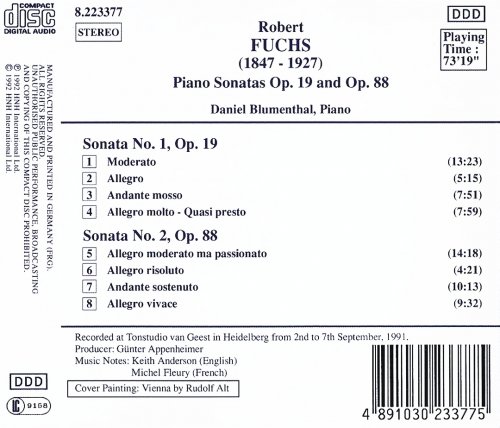
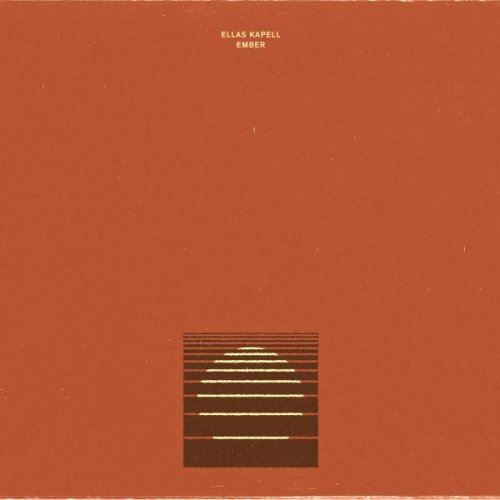

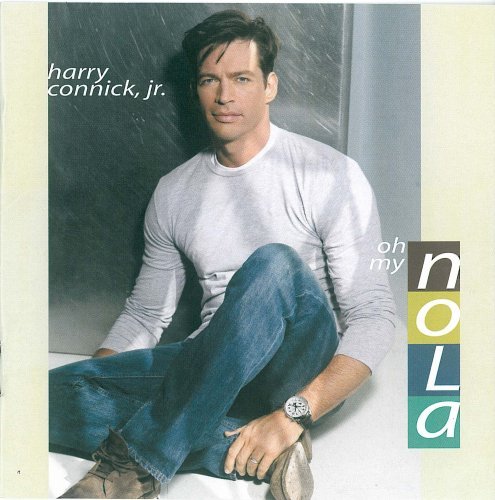
![Dub Colossus - Dub Will Keep Us Together (2026) [Hi-Res] Dub Colossus - Dub Will Keep Us Together (2026) [Hi-Res]](https://www.dibpic.com/uploads/posts/2026-03/1772556292_folder.jpg)

![Mehmet Ali Sanlikol - The Electric Oud Man Speaks and You Listen... (2026) [Hi-Res] Mehmet Ali Sanlikol - The Electric Oud Man Speaks and You Listen... (2026) [Hi-Res]](https://img.israbox.com/img/2026-02/28/0areq907i6p8nj96306jai1a0.jpg)
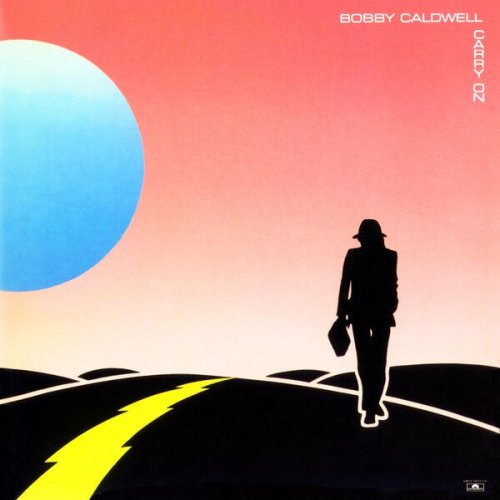
![Herminio Bello De Carvalho - Hermínio Bello de Carvalho 90 (2026) [Hi-Res] Herminio Bello De Carvalho - Hermínio Bello de Carvalho 90 (2026) [Hi-Res]](https://img.israbox.com/img/2026-03/01/7d9otuo4k41izuhqy3mc75spu.jpg)
